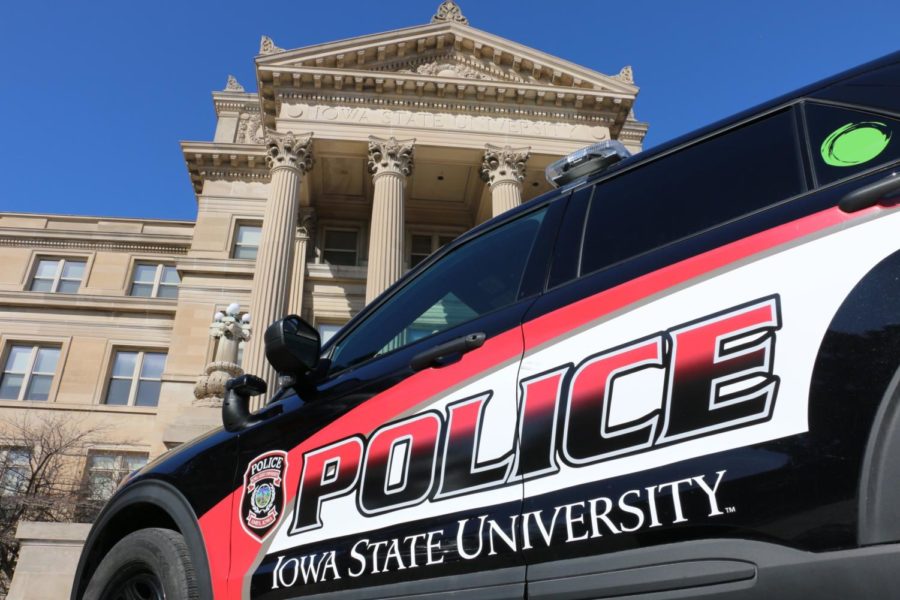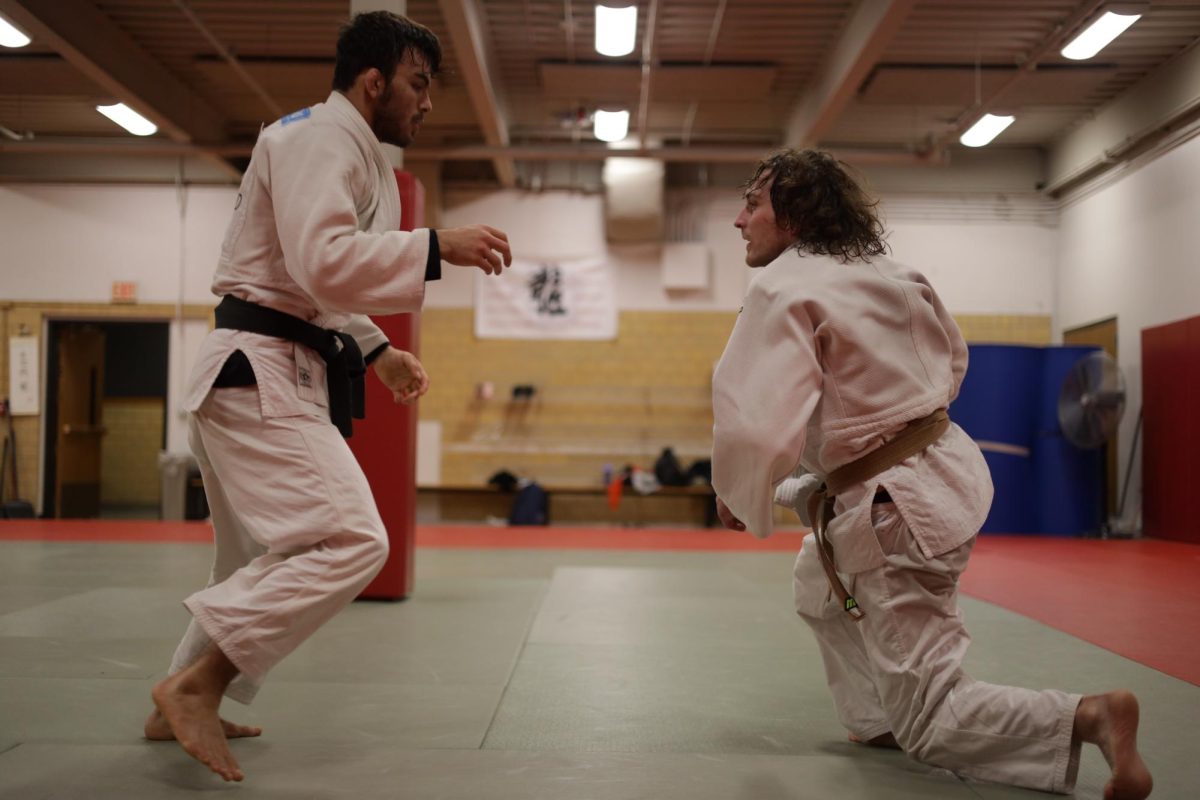While students themselves are busy preparing for special events like football games or concerts at C.Y. Stephens Auditorium, the Iowa State University Police Department is also hard at work, preparing to give them the best and safest possible experience.
Special events are considered anything outside of the department’s regularly scheduled police work, including the habitual officers’ response to calls, taking calls for service, etc. More often than not, the events that require a police presence are athletic events, guest speakers or political visits.
“When there are events where it’s going to draw large crowds, then that’s normally when we have some sort of police presence,” Field Services Captain Zackary McVey said.
The department has a good working relationship with the Iowa State Center, which helps coordinate and determine which events they would like the department to be present and involved at. As soon as the department knows about an event at which their presence has been requested, they start working on putting a plan together. Lt. Jessica Spada has primarily been in charge of organizing event action plans (EAPs), which detail all of the safety requirements regarding specific events.
“Football is a big operation,” McVey said. “There’s normally just over 100 officers that work every football game, and that’s something that we have to coordinate with outside partners who send officers in to help us with those games.”
Spada said football games and other athletic events are usually the most labor-intensive when it comes to creating EAP for each gameday. She receives the season schedule over the summer and starts putting a plan together. The EAPs for each game are put together at the beginning of the season and are updated with every game based on the department’s staffing.
The goal is to have a locked-in plan for a typical game day before the first kickoff so the department only has to focus on the things that need changing on gameday. For Spada, it usually takes a full week leading up to gameday to get the final touches organized.
The action plan for football games lists every officer who will be working the game. Their responsibilities, assigned sections, reporting officer and call times are outlined throughout the document. Typically, the document created for every football game ends up being between 100 and 120 pages long. Aside from information regarding officer assignments, the EAP includes Jack Trice Stadium specifics, such as its own emergency action plan that outlines evacuation measures in case of threats or emergencies.
Historically, athletic events have always been the most labor intensive, but specifically, the home Cy-Hawk games require the most coordination, with the past two being especially memorable.
“This year, the Cy-Hawk game was pretty labor intensive with all the political visits; it took a lot of coordination with other entities that were coming in, such as the Secret Service,” McVey said. “Then the game two years ago where we had ESPN gameday here, being a part of that whole gameday experience was a lot of planning. It was an early show up for our officers; we had officers showing up as early as 4 a.m.”
While the department can staff a majority of special events themselves, some require help and numbers of officers from other departments. Usually, the events that need extra police presence are athletics. Football and basketball as ISUPD for the most help.
“We’ve been expanding that group of people that come and help recently, which is really nice to have some more officers that are excited about coming and working football games,” McVey said. “It’s different from your traditional overtime at a regular municipal police department; it’s not overtime working shift or overtime doing like security for Black Friday. It’s overtime and in a division one football game. It’s pretty cool when you think about it.”
The most challenging part of Spada’s EAP responsibilities is trying to get all of the involved agencies to work together. For example, Spada reaches out to just under 10 different departments each game to see who they may have available for staffing and if they are willing to work.
From there, she has to compile the hundreds of officers who are willing to help out and find a spot for each of them that provides enough coverage in each area. While creating and following through with the EAP is a challenge, Spada said it is very rewarding work when the end of the day comes.
“(The most rewarding part) is at the end of the day when it’s all said and done and things went as smoothly as possible, knowing that you had a plan in place and that everything you know ran as smoothly as it possibly could for the kind of day that was thrown at you,” Spada said.
The department wants the attendees of special events to know that their safety is the day’s top priority.
“I know people get upset if there are incidents that happen or citations that are given out,” Spada said. “However, just understanding that, at the same time, we want you guys to have fun, but to do it safely and that sometimes, we have to do our job. We’re just making sure that everyone is having fun but staying safe at the same time.”








